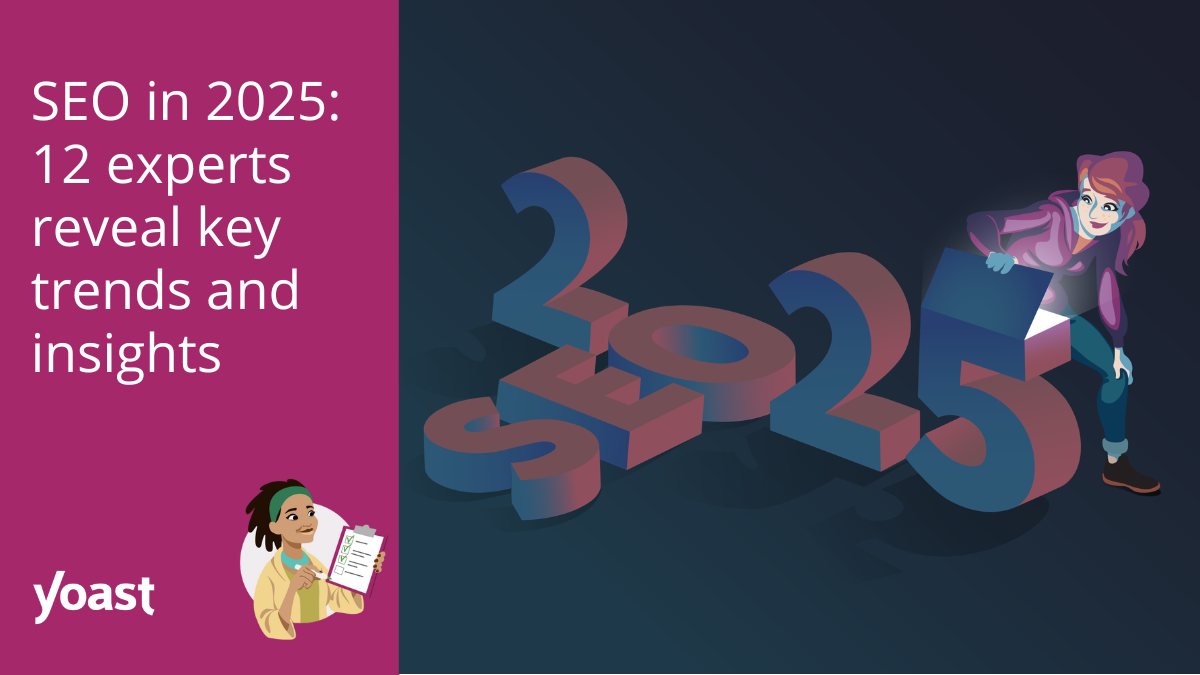bigtargetmedia.com – While we don’t know every detail of Google’s roadmap for 2025, the trends, ranking shifts, and SERP experiments give us strong signals on where SEO is heading — and how brands should prepare.
In this fully updated guide, you’ll learn five major SEO trends shaping 2025, why they matter, and how to adapt with clear, actionable steps.
Let’s dive in.
1. Search Intent Matching Is No Longer Optional — It’s Mandatory
Search intent has always been a core ranking factor. But in 2025, aligning with intent is arguably the strongest predictor of whether your page will sustain rankings.
Why Search Intent Matters More Than Ever
Imagine you search for “best running shoes.”
You expect a comparison list. Instead, a product page appears selling one pair of shoes.
Even if the product matches the category, it fails the intent.
This is exactly why top-ranking results are almost always list-style articles, buying guides, or comparison tools—not product pages.
Users bounce immediately when content doesn’t align with intent. Higher bounce rates and lower dwell time send Google a strong message:
“This page didn’t deliver what the user wanted.”
Google then adjusts rankings accordingly.
Google SERP Data Confirms the Shift (2024 → 2025)
When comparing SERPs year over year, Google is clearly narrowing result types to hyper-specific intent matches.
Example: “Keyword research”
-
2024 SERP: a mix of guides, listicles, tools
-
2025 SERP: tools dominate the entire first page
Tools increased from 50% to 80% dominance.
The trend is even stronger for searches like “keyword research tools,” where tool listings jumped from 60% to 90%.
Users looking for tools want tools — not articles about tools.
How to Optimize for Search Intent in 2025
-
Analyze top-ranking pages before creating content.
Google is already showing you what matches intent. -
Use Semrush Keyword Overview to check declared intent:
-
Informational
-
Navigational
-
Commercial
-
Transactional
-
-
Identify the micro-intent behind each keyword:
-
Do users want a list?
-
A definition?
-
A calculator/tool?
-
A step-by-step guide?
-
A product?
-
-
Match the dominant format.
Do not fight the SERP — follow it. -
Rewrite or reposition pages that mismatched intent.
The old “rank one guide for 20 keywords” strategy is dead.
In 2025, only pages that precisely meet intent will survive the ranking reshuffle.
2. AI Is Reshaping High-End Content Creation — But Writers Are Still Critical
AI-assisted content isn’t new, but 2023–2025 brought a massive shift:
Brands now use AI strategically, not blindly.
The best SEO and content teams use AI to boost their work — not replace it.
How AI Should Be Used in 2025
AI is excellent at:
-
Summarizing long texts
-
Rewriting for clarity
-
Converting paragraphs into bullet points
-
Generating draft outlines
-
Creating simple tables, lists, and formats
-
Suggesting visual ideas
These tasks save enormous time.
Where Human Writers Are Still Essential
Writers should now function as content curators, focusing on:
-
Adding industry insights and firsthand experience
-
Interviewing experts for unique quotes
-
Producing original analysis or case studies
-
Verifying and contextualizing AI output
-
Ensuring tone, voice, and factual accuracy
-
Creating templates, tools, and resources
-
Contributing new perspectives, not recycled info
This hybrid workflow is the new standard for top-ranking content.
AI is powerful — but originality still wins rankings.
3. User Signals & UX Quality Are Becoming Major Ranking Factors
During Google’s antitrust trial, internal documents revealed significant reliance on user engagement signals.
While Google hasn’t confirmed every metric, evidence indicates heavy weighting on:
-
Click-through rate (CTR)
-
Dwell time
-
Bounce rate
-
Return-to-SERP behavior (“pogosticking”)
-
Interaction with page elements
This means SEO in 2025 requires optimizing not just for keywords, but for user satisfaction.
How to Improve User Signals
-
Deliver answers upfront.
Do not bury key info under fluff. -
Use engaging elements:
-
infographics
-
videos
-
comparison tables
-
interactive tools
-
-
Improve site speed—especially mobile.
-
Improve readability:
-
shorter sentences
-
smaller paragraphs
-
clear visual hierarchy
-
-
Add internal links that encourage deeper browsing.
Google wants to see that your page:
-
satisfies the query
-
keeps readers engaged
-
feels genuinely useful
UX is no longer a secondary factor — it directly influences rankings.
4. The Rise of AI-Powered Search & SERP Transformations
Google’s AI Overviews (AIO) and evolving SERP designs significantly impact organic visibility.
In 2025, we see:
-
More AI-generated summaries
-
Fewer blue links
-
More visual results
-
More product cards
-
More instant-answer formats
-
More “zero-click” queries
This means ranking in 2025 requires building content that is:
-
structured
-
scannable
-
authoritative
-
optimized for AI summarization
How to Adapt
-
Use clear, structured headings
-
Include definitions, tables, and steps
-
Use schema markup
-
Build topical authority clusters
-
Create content that AI can confidently cite
If AI search is the “new homepage,” your content must feed the answer engines.
5. Topical Authority Is Beating Domain Authority in 2025
Google now rewards websites that dominate a topic, not just websites with high DR/DA.
If your site produces:
-
cluster content
-
expert-level topical depth
-
strong internal linking
…you can outrank giant websites simply by being more relevant.
How to Build Topical Authority
-
Create pillar pages for each core topic.
-
Build 10–30 supporting articles around each pillar.
-
Interlink everything strategically.
-
Demonstrate E-E-A-T:
experience, expertise, authority, trust
Topical mastery beats general authority — especially in niches.
Conclusion: SEO in 2025 Requires Precision, Experience, and Adaptability
Search is evolving faster than ever.
To win in 2025, brands must:
-
Match intent with precision
-
Use AI strategically — not blindly
-
Optimize for user signals
-
Prepare for AI-driven SERPs
-
Build deep topical authority
SEO is no longer about volume.
It’s about relevance, structure, quality, and UX.
If you can master those four pillars, you’ll future-proof your search performance.
FAQs: SEO Trends 2025
1. Is AI replacing SEO writers?
No. AI assists writers, but human insight, nuance, and expertise remain non-replaceable.
2. Are backlinks still important in 2025?
Yes, but topical authority and UX signals now play a bigger proportional role.
3. What’s the biggest SEO trend this year?
Intent matching and user engagement optimization are the strongest ranking signals.
4. How do AI Overviews affect rankings?
They reduce clicks on generic queries, but reward structured, authoritative content.
5. Should I rewrite my old content for 2025?
Absolutely. Updating for intent, UX, and structure is essential for maintaining rankings.

